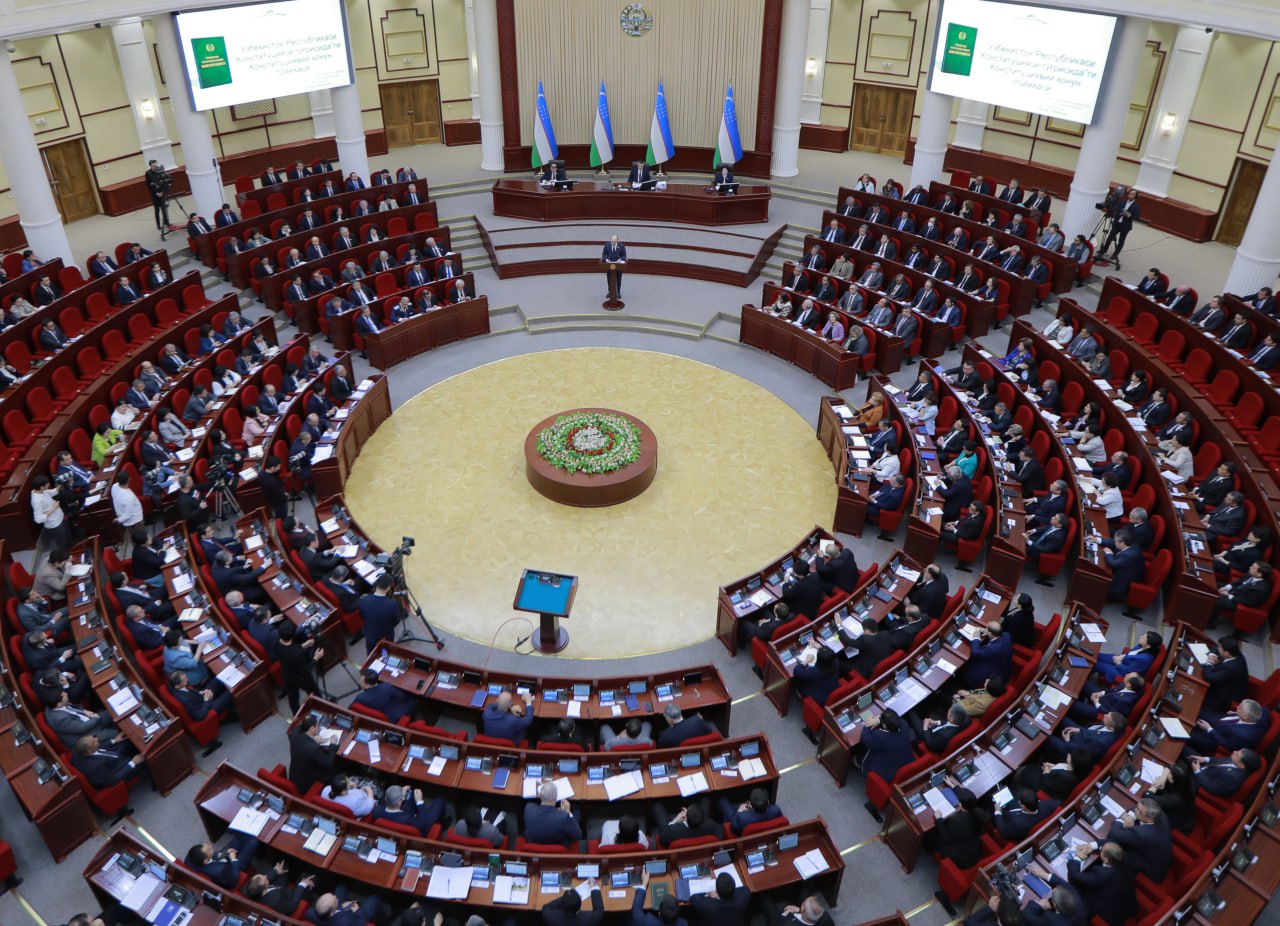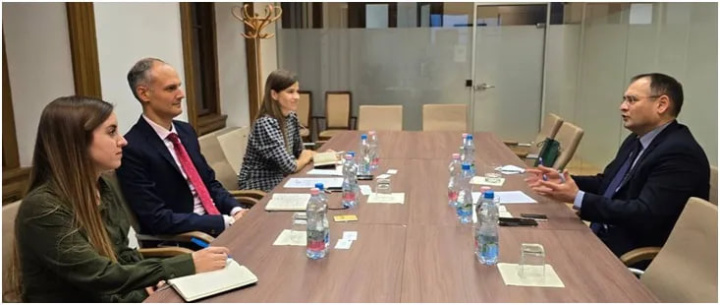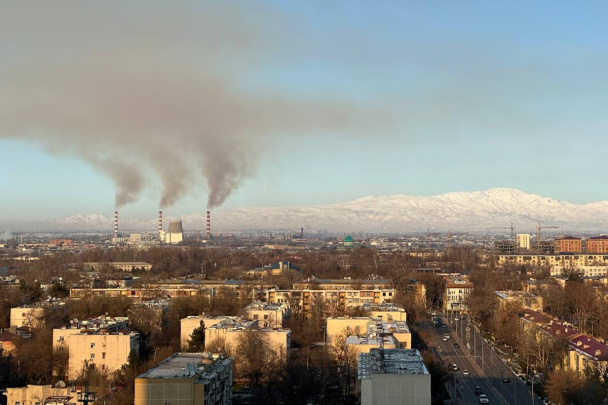Deputy Jakhongir Shirinov, who provided a report on the renewal of the Constitution in the Parliament of Uzbekistan, listed some changes to the main law. Below is an excerpt from his speech.
First, Uzbekistan is declared a social state. Norms regarding social obligations of the state are increasing almost threefold. In particular, the socially needy categories of citizens are provided with housing, the minimum amount of wages is determined taking into account the provision of a decent living for a person, the right of citizens to receive the guaranteed amount of medical care at the expense of the state, etc. are being determined. In other words, all elements characteristic of a social state are reflected in our Constitution.
Secondly, the social state approach is expressed in many articles and norms in the field of education.
In particular, the right of young people to study in universities at the expense of the state on the basis of a grant is defined in the Constitution. That is, the possibility of receiving higher education at the expense of the state is guaranteed for talented young people. This means that quotas are always allocated for government grants in higher education and this procedure is never cancelled.
At the same time, the state undertakes to create all conditions for children with disabilities to receive the same education as their peers, that is, to develop an inclusive education system.
Thirdly, the norm that “providing human rights and freedoms is the highest goal of the state” is established. To achieve this goal, the project envisages the following: 1) human honor and dignity are inviolable; 2) measures of legal influence applied by state bodies to a person should be based on the principle of proportionality and be sufficient to achieve the goals stipulated by the laws.
The presumption of innocence is being strengthened. For example, the current Article 26 of our Constitution stipulates that a person shall not be considered guilty until his case is examined in court and his guilt is determined, but now it is being confirmed that he is innocent until proven guilty by a legally binding court verdict.
Fourthly, this Constitution is a directly working document. That is, now all citizens refer to the Constitution even in their daily life. All the norms in it are directly applicable, regardless of whether or not there is a legal document that reveals how to apply them.
Fifth, in order to further expand the scope of the institution of “habeas corpus”, it is determined that a person cannot be detained for more than 48 hours without a court order, and phone conversations and searches can be carried out only with the permission of the court.
At the same time, the rules of “Miranda” such as keeping silence and other rights of the arrested person, as well as explaining the grounds of detention in simple language from the first seconds, as well as the fact that no one is obliged to testify against himself and his close relatives, are being defined at the level of the Constitution. These rules protect a person from unjust criminal prosecution and illegal actions of certain investigative bodies. And it should be noted that these rules are defined not only in sectoral laws, but in the highest document – the Constitution.
Sixth, the project focuses on one of the most urgent problems of our time – environmental issues. In particular, the right of everyone to have a comfortable environment and accurate information about his condition is being strengthened. In order to ensure the environmental rights of citizens, the state undertakes to create conditions for the implementation of public control in the field of urban planning activities.
Seventh, the draft Constitution pays attention to the issues of more than 18 million of our youth, and it is determined that creating conditions for their education, social and medical protection, housing, and employment is the constitutional obligation of the state. Pay attention! A special chapter is being set aside for young people in our Basic Law.
It is determined that parents should not only feed and raise their children until adulthood, but also take care of their education, healthy, full and comprehensive development.
Eighth, norms aimed at continuing the policy of openness, forming an active civil society and further developing the institution of public control are being introduced. In particular:
• for the first time in our national legislation, the composition of civil society institutions is being revealed and the fact that they form the basis of civil society is being strengthened;
• a new article is introduced on public control by civil society institutions over the formation of the state budget and its execution.
Ninthly, norms aimed at developing the national economy and entrepreneurship, improving the investment environment in the country, and strengthening property protection are being introduced. Including:
• secrecy of not only bank deposits, but also bank operations and accounts is guaranteed;
• it is established that taxes and fees are fair and do not prevent citizens from exercising their constitutional rights;
• development of state market relations, creation of conditions for fair competition is being strengthened.
Tenth, provisions aimed at increasing access to justice and ensuring the independence of judges are being introduced. Including:
• taking into account that no other body or person can usurp the authority of the judiciary, “justice shall be administered only by the court” is being constitutionally strengthened;
• in order to ensure that the judge is free from other bodies and persons, it is strictly established that judges are not accountable for certain cases. In addition, it is determined that reorganization or liquidation of the court shall not be grounds for dismissal of the judge;
• in order to ensure the true independence of the judiciary, a new article is introduced, which guarantees that the financing of the courts’ activities will be carried out only from the state budget.






